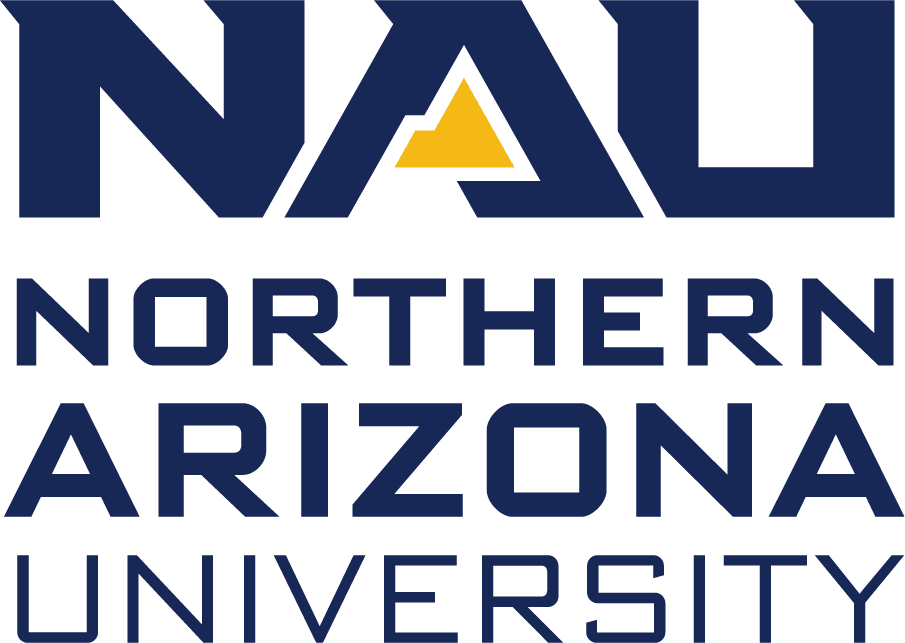Generative artificial intelligence has made its way into K-12 classrooms in Arizona and beyond, whether educators like it or not. Luckily, there’s a new guide available for teachers and administrators who want help navigating teaching in the age of AI.
Released May 13 by the Arizona Institute for Education and the Economy (AIEE) at Northern Arizona University, “GenAI Guidance for AZ K-12 Schools: A Balanced Perspective” is a free, downloadable document that provides guidance on teaching and learning with GenAI, shares examples of administrator and school system use of GenAI and gives insights into ethical considerations for educators.
Institute director Chad Gestson, formerly the superintendent of Phoenix Union High School District, said the guide was created in partnership with many writers, reviewers and organizations throughout Arizona and the United States—all of whom share the common goals of improving educational outcomes and encouraging the responsible use of emerging technologies.
“We believe that responsible AI implementation can be a positive agent of change in schools and classrooms,” Gestson said, “but only if we continue to prioritize student learning and focus on ethical implementation.”
Developing the guide took Gestson and his colleagues several months. The team started by reviewing the U.S. Department of Education’s guidance and other states’ existing guides, meeting with leaders across the country and taking note of the guides they thought were most effective. Then, they sent a survey to educators across Arizona, asking them what state-level guidance they’d like to see. Drawing on the survey data and previous AI guidance, the team drafted an initial guide, then sent it to 18 Arizona teachers, parents, educational organization representatives, superintendents and technology experts for feedback.
“Arizona is home to incredible educators with ed tech expertise and vision around the use of generative artificial intelligence,” said LeeAnn Lindsey, the institute’s director of ed tech and innovation. “We were proud to be able to leverage that talent to draft and publish Arizona’s first statewide guidance for K-12 schools and school systems.”
That kind of thoughtful, informed approach is why AIEE, now a year old, has already emerged as a leader in conversations about the future of education, according to NAU President José Luis Cruz Rivera. The university leader said the institute was founded to help deliver actionable solutions and policies that improve K-12 outcomes and build prosperity in Arizona, and its new AI guidance could help do just that.
“The institute has produced a model guidance document not just for Arizona schools but also for systems across the country,” Cruz Rivera said. “Unquestionably, artificial intelligence will continue to shape opportunity, mobility and impact in ways and speeds we have never experienced before. This document will assist educators in taking a balanced approach to the use of GenAI, leveraging its incredible potential while also staying responsible and responsive to the potential risks.”
Gestson said he hopes the guidance will help educators view AI as more than a futuristic technology to fear or condemn. In the right hands, he said, generative AI could make a positive impact on educational attainment and on society writ large.
“If we are wise with usage and implementation of AI, we can harness a new collective intelligence that combines human innovation with the efficiencies and generative power of AI,” Gestson said. “That intelligence could be smart enough to close achievement and opportunity gaps, address the educator workforce crisis and ultimately create the educational system that our students and educators need and deserve.”
Jill Kimball | NAU Communications
(928) 523-2282 | jill.kimball@nau.edu




